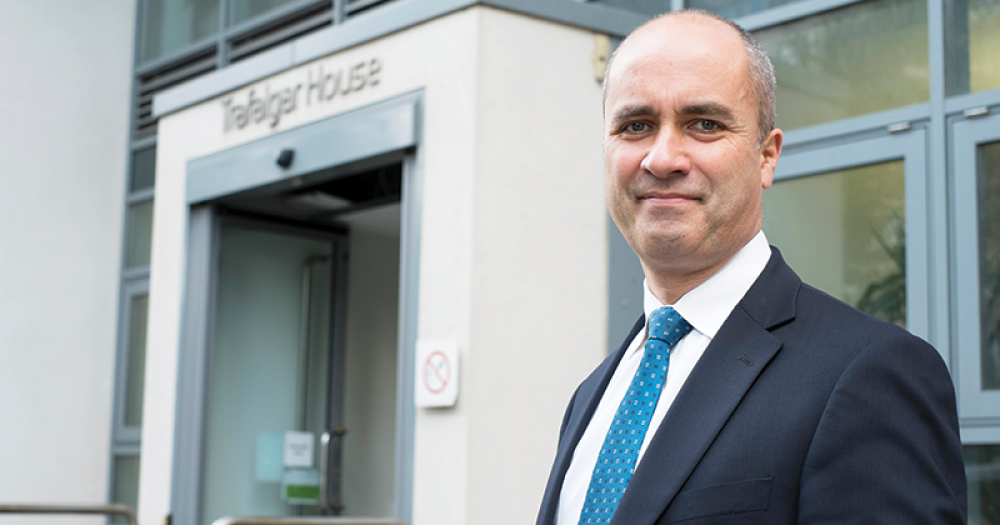A senior official has insisted the government’s multi-academy trust drive is “not a race”, as new figures reveal the average MAT has more than six schools.
Dominic Herrington, who oversees the academy system as national schools commissioner, told a Westminster Education Forum conference today on the future of schools: “Every school ideally should be part of a multi-academy trust in due course.”
But he added: “It’s not a race for all schools to join multi-academy trusts. There’s no hard target or legislation.”
Compulsion will only be used as now for failing schools, he added.
Leora Cruddas, chief executive of the Confederation of School Trusts, still predicted at the conference that all schools would be in trusts within a decade, however.
Noting more than half of pupils were now in trusts after a decade-long push, she told an earlier conference session: “It’s taken a ten-year horizon for this change to happen.
“To complete the reform journey, we believe, is likely to take another 10 years. Therefore the time horizon for the changes that the secretary of state has proposed – for me that’s 2030, that’s a 10-year journey.
“I don’t think we can limp on indefinitely with a two-tier system.”
Herrington presented new figures showing that 79 per cent of secondaries are now academies or free schools, and 38 per cent of primaries.
He said conversion is no longer seen as “such a big change”, and often happens in an “unremarkable, quiet and sensible way” without making headlines. He highlighted the benefits of collaboration, “exemplified” by trusts’ response to the pandemic.
Multi-academy trusts are also growing in size, with the average made up of 6.2 schools, compared to 4.8 in 2018.
But Herrington added: “We don’t have a magic number here – the quality of the MAT is more important than the numbers.”
It comes after education secretary Nadhim Zahawi ruled out “arbitrary deadlines” for conversion last month, and praised some maintained schools.
Zahawi’s comments were interpreted by some as a softening in stance on his predecessor Gavin Williamson, who had revived the MAT agenda with a speech and series of new policies earlier this year.
One council even cited the apparent change for watering down plans to academise all remaining maintained schools.
Other speakers’ speeches at the WEF event signalled many schools and councils are unlikely to make the leap any time soon voluntarily.
Hannah Clare, chair of Brighton and Hove council’s children, young people and skills committee, highlighted the strong community campaign against Moulsecoomb Primary School’s forced conversion, which took effect today.
“Ideology” and government backing was the only reason for conversion, she claimed.
Lee Mason-Ellis, CEO of its new trust The Pioneer Academy, said in a statement it was focused on high-quality teaching, “well-rounded children” and an “enjoyable and successful education”. He thanked parents for sharing views and staff for their work during conversion.
Another speaker, Robin Bevan, headteacher of Southend High School for Boys and a former NEU president, said the vast majority of single-academy trusts would also be “resistant” to or “have reasons to question” joining MATs.
He argued many value their freedoms, and rather than driving economies of scale, MATs sometimes “end up spending more money on admin and leadership”.
Emma Knights, chief executive of the National Governance Association, argued it was “counterproductive to take the moral high ground” when many schools had already considered their futures. An NGA survey earlier this year found 24 per cent of SATs had decided against joining MATs within the past year.
Many boards’ priorities are not structural change, she added.















[…] part of the online Westminster Education Forum Policy Conference chaired by MP Jonathan Gullis, and covered here by Schools Week, I channeled the question that guides many of my leadership decisions: what problem is this […]